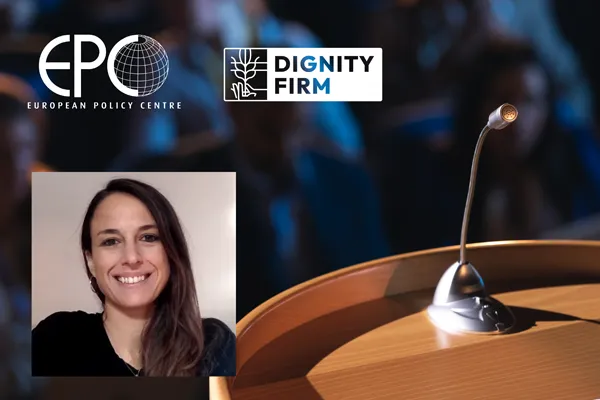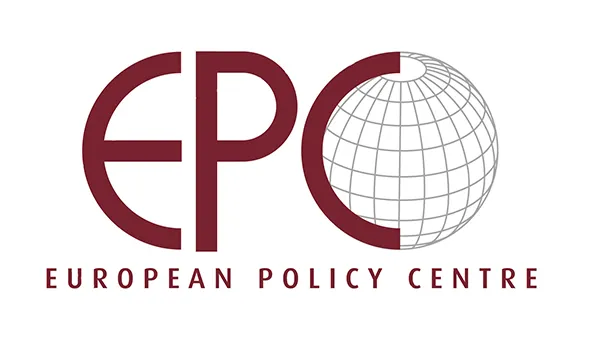ENGAGEMENTS
Irregular Migrant Workers in EU Agriculture
Our I-CLAIM member Letizia Palumbo is participating in a roundtable: From CAP Social Conditionality to Due Diligence: What prospects for improving the working conditions of irregular migrant workers in agriculture in the future EU policy cycle?
This roundtable is the first in a series of four aiming to facilitate an inclusive and open discussion among stakeholders engaged on relevant migration and F2F policies. It will focus on the CAP social conditionality mechanism and the new corporate due diligence framework. With an eye to the next political cycle, it will examine how these recent EU-level initiatives may impact migrant workers, especially those in an irregular situation, at a time when EU F2F policies and questions concerning social sustainability in agriculture are in the political spotlight and under intense public scrutiny.
Fluctuating demands in the agricultural sector often translate into greater reliance on migrant workers, while financial pressures for farmers may result in cuts to labour costs. Due to limited bargaining power, migrant workers may accept sub-standard working conditions. In this context, the CAP social conditionality mechanism and the EU corporate due diligence framework seek to enhance workers’ conditions and rights, while at the same time balancing farmers’ responsibilities and interests. Although potentially beneficial for enhancing social sustainability in F2F, key questions referring specifically to migrant workers remain underexplored. What is the expected impact of these instruments on non-EU nationals in an irregular situation, across different EU states? More broadly, how to generate optimal outcomes for migrant workers as well as for farmers and economic actors of different sizes and at different levels of the food supply chain? What should the role of social partners be to maximise their positive impact? Looking forward, what further initiatives should be prioritised in the next cycle?
The roundtable will start with short input statements from Peter Schmidt, President, NAT Section, European Economic and Social Committee (EESC); Claudia Merlino, Vice President, Geopa-Copa, and Director General, CIA-Agricoltori Italiani; Kristjan Bragason, General Secretary, EFFAT; Letizia Palumbo, Visiting Fellow, Migration Policy Centre, EUI, as well as by representatives of EU institutions, to be announced shortly. These will be followed by a roundtable discussion with all participants.

Date and Venue
Organized by
